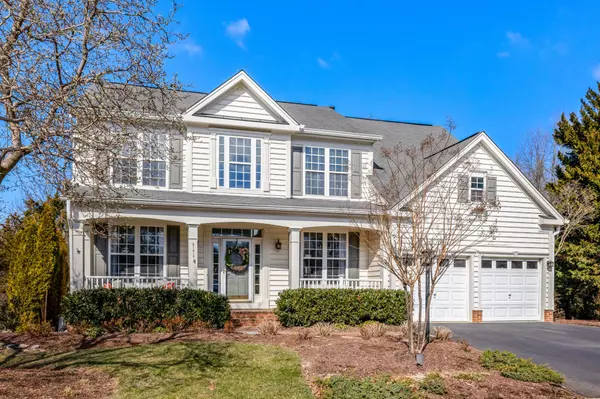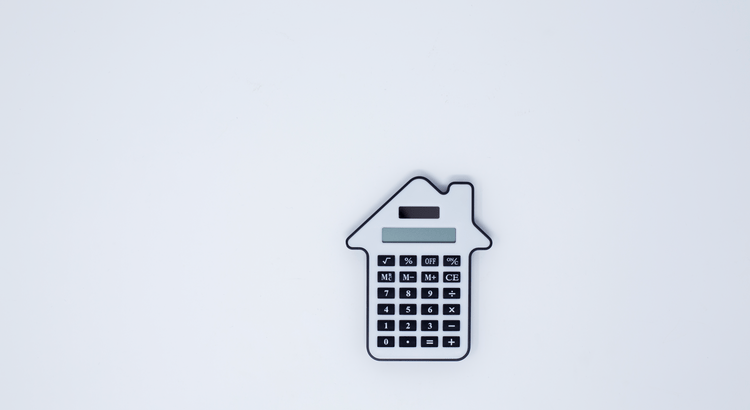
The Latest in Mortgage & Refinance Rates: What It Means for You
As your real estate advisors, we want to cut through the noise and give you the straight story on what's happening with mortgage rates right now and how it affects our Northern Virginia market. The Good News Mortgage rates have been steadily declining and recently hit their lowest point in over a

The Stars Are Aligning for Smart Home Buyers in NOVA – But This Window Won't Stay Open Forever
July 2025 Market Update The housing market has shifted in Northern Virginia, and for the first time in years, buyers hold the cards. Right now, in July 2025, we're witnessing a perfect storm of buyer-friendly conditions that savvy purchasers are already capitalizing on. While everyone else is

The Truth About Where Home Prices Are Heading
There are plenty of headlines these days calling for a housing market crash. But the truth is, they’re not telling the full story. Here’s what’s actually happening, and what the experts project for home prices over the next 5 years. And spoiler alert – it’s not a crash. Yes, in some local markets, p
Categories
Recent Posts










